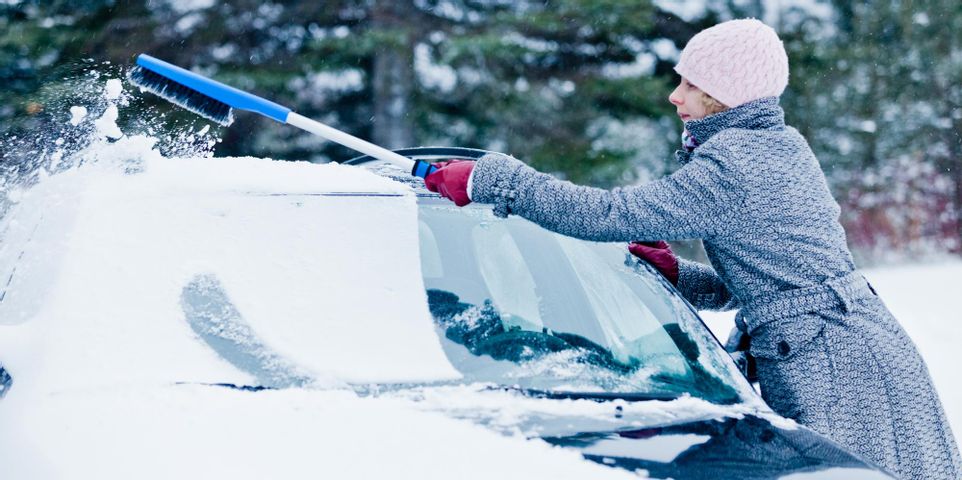
Your car’s internal and external temperatures can significantly impact the windshield. Weather fluctuations cause the auto glass to expand and contract, weakening the material and forming fissures. Here's how you can protect your vehicle and windshield from temperature changes.
Warm Weather
Warm temperatures cause the auto glass to expand. Although the material is designed to handle the stretch, preexisting chips and dents in the surface will worsen when the glass expands and cause breakage.
The glass can crack or shatter even if it isn’t damaged. Sudden expansion from temperature changes adds excessive strain to the glass, cracking it. This issue may occur when drivers crank their ACs to cool their cabs.
 If the difference between the cold air inside and the hot weather is significant, the windshield will develop fissures or shatter. To avoid damage, gradually cool your vehicle and direct the vents away from the windshield so that the glass can adjust safely.
If the difference between the cold air inside and the hot weather is significant, the windshield will develop fissures or shatter. To avoid damage, gradually cool your vehicle and direct the vents away from the windshield so that the glass can adjust safely.
Cold Weather
Rapid heating in chilly weather is just as dangerous as quick cooling on hot days. Your auto glass’s temperature can be drastically lowered if it sits under snow and ice. Frozen windshields are susceptible to cracking under pressure since they’re fragile, so never stab, dig, or chip the snow off the surface. Instead, sweep it off with an auto ice scraper.
Warm the car slowly so that the windshield can expand safely, and use winter wiper blades to remove any melted residual ice and snow from the surface. If ice pebbles or hail chip the auto glass, have the damage repaired immediately to avoid the material from shattering.
If your windshield has experienced temperature damage, turn to Badger Glass in Anchorage, AK. These professionals provide reliable auto glass repairs and replacements at affordable prices. They’ll strive to address the issue in 30 minutes or less to get you back on the road as soon as possible. Get more information about their services online, or call (907) 522-3927 to request a free quote.
About the Business
(56 reviews)
Have a question? Ask the experts!
Send your question

